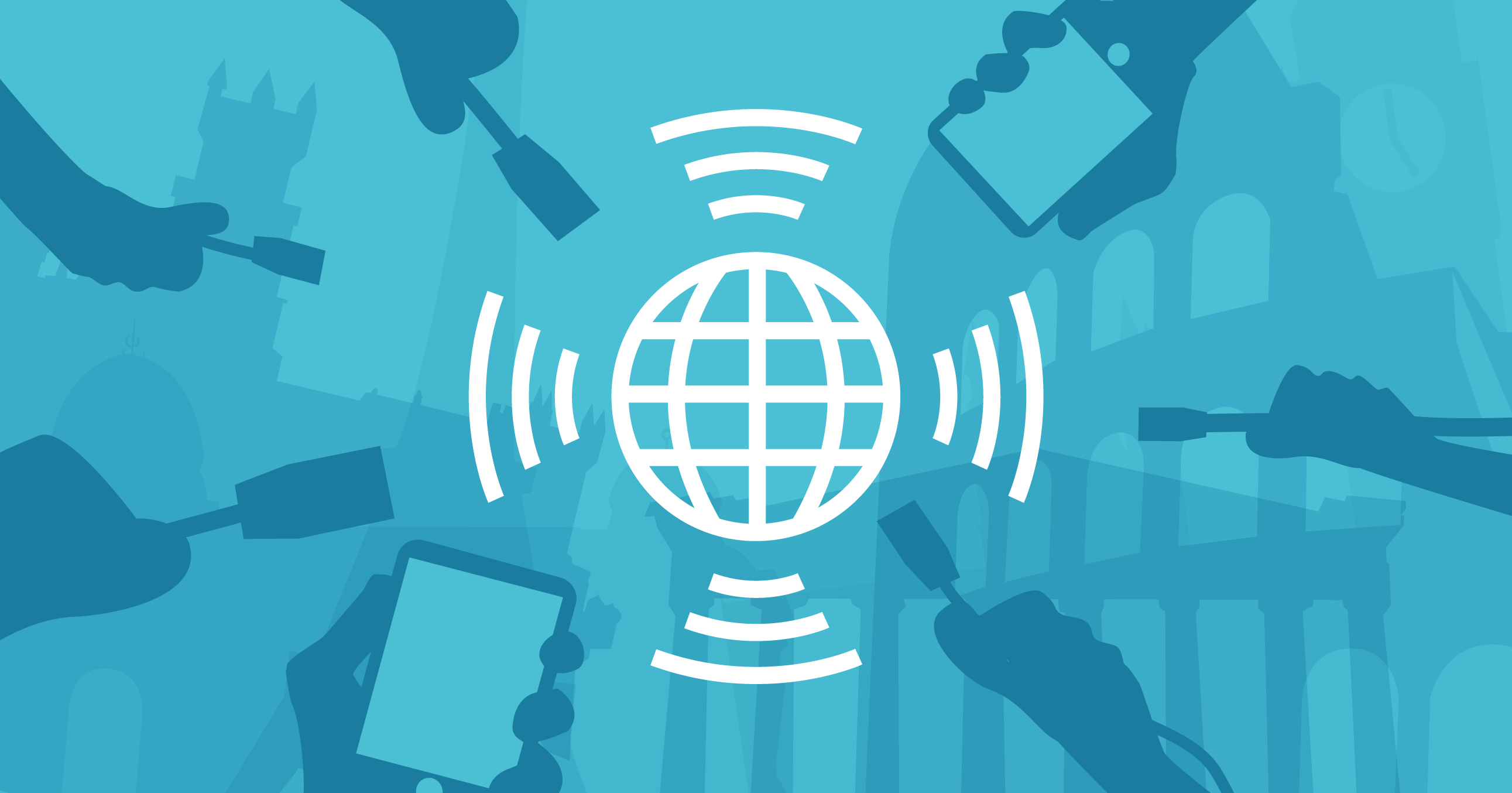This week, a federal appeals court in the US backed the Federal Communications Commission (FCC) in its battle to protect Net Neutrality, upholding the agency’s groundbreaking open internet rules. It’s a huge win for everyone who cares about keeping the internet open and free, especially since similar battles are likely to take place all around the world. In brief, the court, in upholding strong Net Neutrality safeguards, is ensuring that there will no paid prioritisation for, or discrimination against, certain data, apps, or services. That’s vital for keeping the internet equal-access and equal-opportunity — a boon for innovation and the exercise of human rights in the digital age.
What’s up in Europe?
The European Union has already adopted strong Net Neutrality safeguards as a part of the Telecoms Single Market Regulation. However, there remains wiggle room for interpretation of these safeguards. Now, Europe’s telecommunications body of regulators (known as BEREC) is tasked with creating guidelines to make sure that the rules are implemented in juuuust the right way.
BEREC held multi-stakeholder meetings before issuing a draft of these guidelines earlier this month. The text reflects the hard work put into it, and it addresses many of our concerns. However, there are still areas where the text can be strengthened. Doing so is very important — not just to ensure true Net Neutrality in the EU, but also elsewhere. This Regulation and its implementation may serve as a model for legislators in governments across the globe, so it should be as strong as possible.
One issue that is important to clarify is that of zero rating. The draft guidelines proposes an outright ban of “sub-internet” zero rating offers like Facebook’s Free Basics. That’s a huge win. Programmes that give free access to only part of the internet disproportionately discriminate against underprivileged users.
But the draft takes a different, more ambiguous approach to the type of zero rating programmes that telcos have implemented. The text leaves it open for regulators to misinterpret the rules and allow programmes that put at risk users’ choice, freedom to receive and impart information, and media plurality. Some regulators would enforce the rules properly, but others might not have the resources — or the desire — to do so. This leaves some internet users in Europe at risk of Net Neutrality violations.
What you can do: Speak out!
We’re so close to getting everything we need for Net Neutrality in Europe. We’ve just got the very last kilometers left to go. Help us get there by taking action through our action center.
